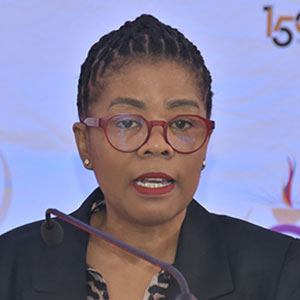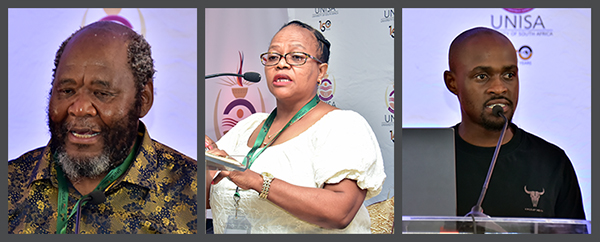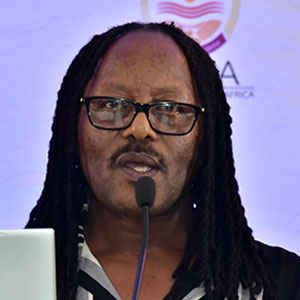University of South Africa: PVC Lekgotla Reflects on Progress, Identifies Challenges, and Explores Solutions
Unisa takes pride in its enduring commitment to be an African university in the service of humanity. Annually, Prof Puleng LenkaBula, Unisa Principal and Vice-Chancellor (PVC), convenes Makgotlas to discuss pertinent strategic matters of the university. Over the past three years (2021-2023), the Unisa leadership has committed to collectively engage at length strategic ways of turning Unisa into a site of academic excellence.

Unisa Principal and Vice-Chancellor, Prof Puleng LenkaBula
Similarly, Unisa’s management is currently convening at the Principal and Vice-Chancellor’s Lekgotla under the leadership of LenkaBula. The purpose of the 2024 PVC’s Lekgotla is to assess the advancements in the implementation of portfolio plans (based on the preceding five pillars of the revised strategy) within the planning cycle (2021-2025), highlighting the university’s achievements and challenges, presenting solutions and outlining new action plans.
In her opening address on the first day of the PVC’s Lekgotla, Monday 18 March 2024, LenkaBula stressed that the gathering aimed to assess the university’s local and global performance, assess weaknesses, improve working methods, assess the effectiveness of consequence management, and coming up with new ideas and approaches to keep the university performing as expected, while being adaptive to environmental changes, and able to stay ahead of its competitors.
Central to some of the PVC’s concerns were operational matters, student retention and attrition rates, and non-publishing academics. On the upside, LenkaBula noted the improvement of the university’s reserves. In addition, she mentioned the historic multi-year agreement reached between the university and its recognised labour unions, a statement welcomed with resounding applause.
LenkaBula further encouraged all colleges to ensure the university’s 10 Catalytic Niche Areas are realised. She stressed: “As an African university committed to shaping futures in the service of humanity, we have a moral and a principle obligation to engage with the challenges and the needs of the continent in the context of teaching, learning, research, engaged scholarship and global citizenship.”

From left: Dr Pali Lehohla, Dr Matseliso Molapo and NSRC President, Nkosinathi Mabilane
Meaningful engagements and solution-driven approaches
Former Statistician-General Dr Pali Lehohla, speaking on the Global Context, Science and Higher Education Systems, said that at the heart of social progress are scientific discoveries that enable human beings to conquer the world, which he called social science. He continued: “It is about discovery, intervention and progress anchored in institutions of learning, and for Unisa, it is important to tackle the human conditions in the country.” He stated there must be training for academics to undertake research to handle scientific discoveries and unlock the potential for societal development, eliminating poverty and inequality.
He added: “I appreciate the synergy I see here between teaching staff, student representatives and management from all levels. Often, institutions can create silos, which can hamper progress, but through this lekgotla, it is evident that the university is poised to grow. While the institution has experienced challenges over the past two years, how we deal with the issues is important. We can easily sink or mobilise ourselves to tackle challenges.”
Dr Matshidiso Molapo, Acting Vice-Principal: Strategy, Risk and Advisory Services, presented the trend analysis for 2021 – 2023. Meanwhile, National Student Representative Council President, Nkosinathi Mabilane, addressed student support matters, including funding and Information Communication Technology (ICT), and presented possible solutions.

Prof Monde Ntwasa
Prof Monde Ntwasa, Acting Executive Dean of the College of Agriculture and Environmental Sciences (CAES), presented the 10 Catalytic Niche Areas and facilitated a discussion around their support and implementation from each college of the university, during which he outlined the outcomes of the niche areas, which are, among others, job creation, innovation, revenue creation and socio-economic shifts.
The PVC Lekgotla started on a high note, providing university management with a clear view of the institution’s progress, identifying challenges, and exploring potential solutions to expedite efforts to reach set goals. The second day will address various focus areas crucial for Unisa’s growth and development in alignment with the Unisa 2030 strategy.
By the end of the first day, university management had already made meaningful engagements and set to provide solution-driven approaches to reshape and renew the academic project’s outlook and outcome.

